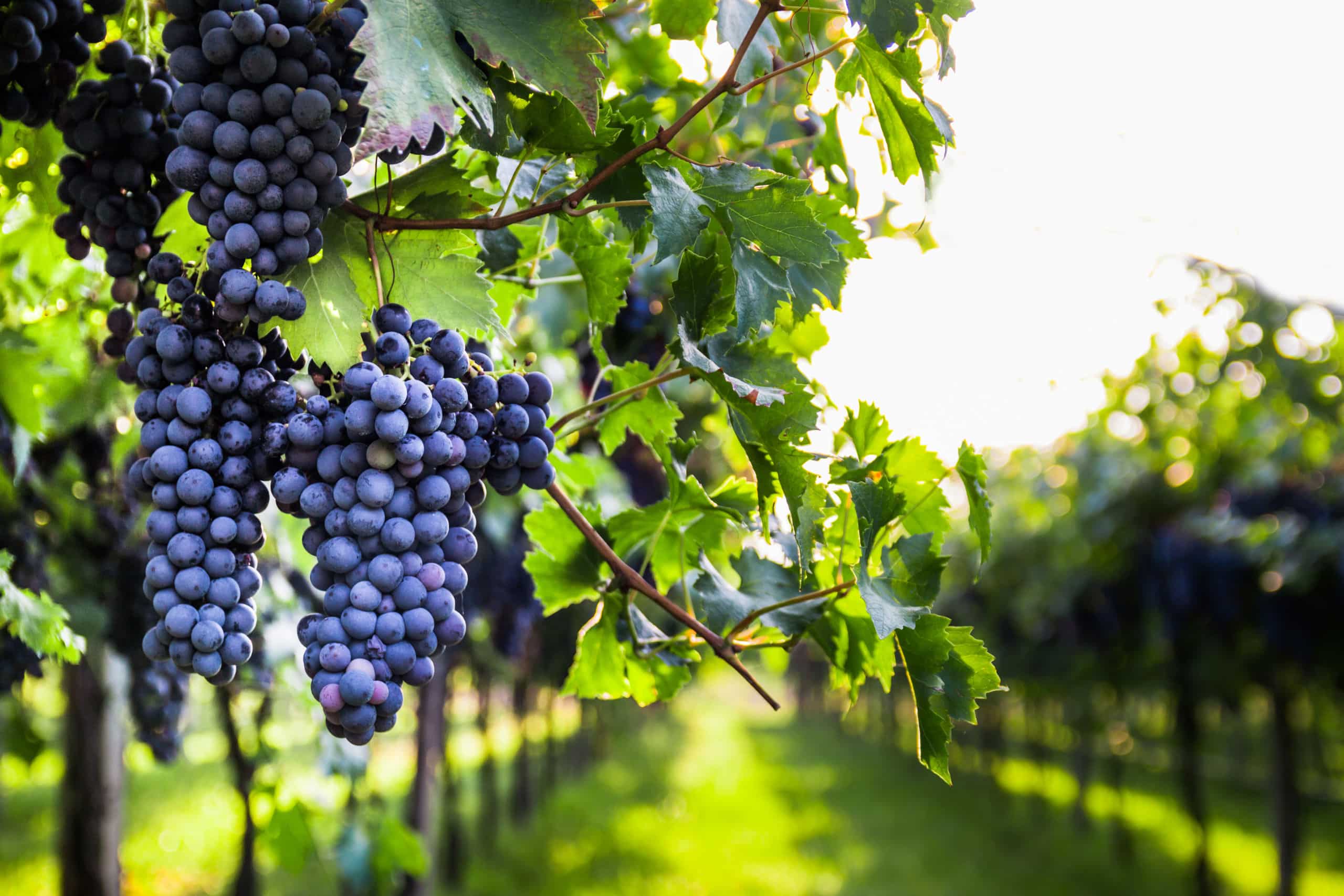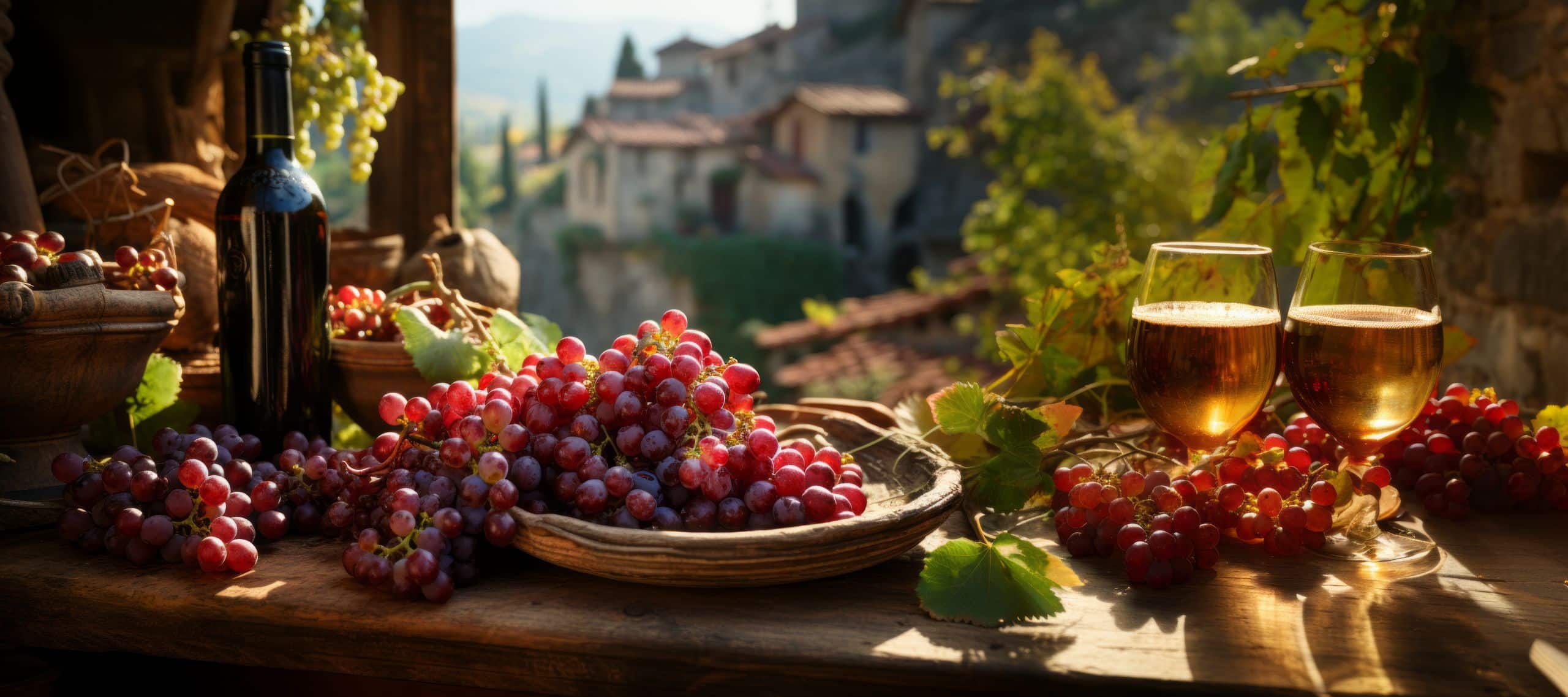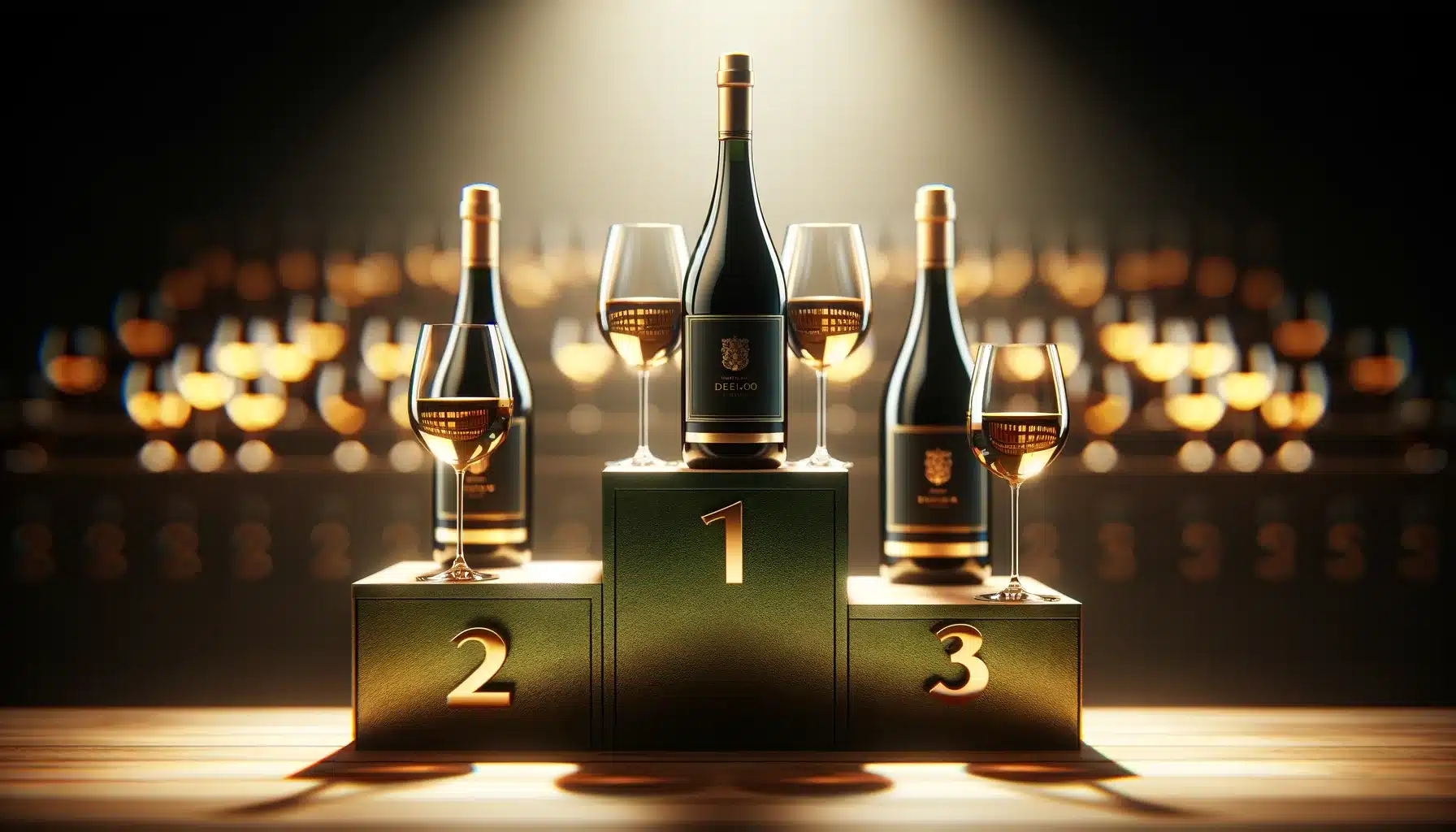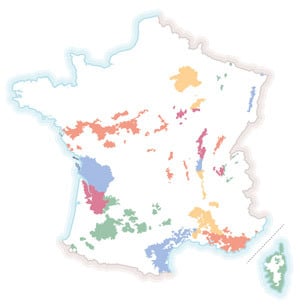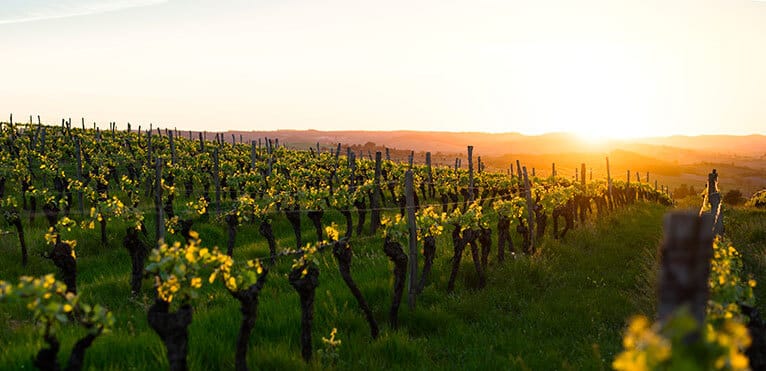
Contents
In its original sense, terroir is a natural region that is considered homogeneous, particularly in terms of the resources and products it produces. This seems to be a very French word, as there is no equivalent in other European languages, and it is often confused with the word territoire.
Terroir, in a deeper sense, is the result of the work of man and the elements of nature on a given territory. This is why two areas with the same physical constraints, but which are not exploited by the same human societies, can produce two very different terroirs.
Terroir also results from the typicality of the environment and its agricultural production, and the types of fruit it produces. This distinction is particularly important for wine-growing terroirs. This category of terroirs is the one we’re interested in today. In this case, territories as small as wine plots can be considered as very specific terroirs.
A winegrowing terroir is complex to define, but its contours can be sketched out: it’s a defined area of a vineyard (or several vineyards) whose characteristics are defined independently of man by the influence of natural elements. Climate, grape varieties, topography, soil type and management systems are all elements that interact to compose and structure a terroir.
Let’s focus on the action of climate on a terroir, which can be divided into three spatial scales:
- Macroclimate, which concerns a large area such as a sub-region.
- Mesoclimate, which focuses on a smaller area such as a commune.
- The microclimate, which is even more local and concerns a slope that will be sunnier, a valley that will be wetter…
Human action can be considered a determining factor in defining a terroir. The layout of a plot (terraced or walled), the method of cultivation (with or without machinery) or the grape variety chosen, for example, will influence the area that is exploited by man.
Terroir has a clear impact on a wine’s nose, color and aromas. A famous quotation from the Burgundy vineyards testifies to the importance of terroir in the production of a wine, and therefore to the role of the winemaker in revealing the expression of terroir through wine: “Wine is the reflection of the earth and a climate. Man does not exist”. However, elements such as yeast, pressing quality, ripening time… can have a negative impact on the expression of terroir in wine.
The notion of terroir implies that each region, sub-region, appellation and parcel is unique, and that none of them can be reproduced elsewhere. Thus, a Beaujolais winemaker is not a producer of Gamay grown in the Beaujolais region, but of a unique Beaujolais wine made from the Gamay grape variety. French AOC systems, for example, are based on the principle of “single wines from a single area”. In the same way, protected designations of origin throughout the European Union mean that foreign winegrowers in a given region cannot produce it under the same appellation: champagne can only be produced in the Champagne region.
Finally, let us note the definition of the International Organisation of Vine and Wine (OIV) adopted at its annual congress in June 2010: “Winegrowing terroir is a concept that refers to an area in which a collective knowledge of the interactions between an identifiable physical and biological environment and the winegrowing practices applied to it is developed, conferring distinctive characteristics on the products originating from that area”.
© Photo by Boudewijn “Bo” Boer / Unsplash
